In the world of real estate financing, understanding the loan-to-value (LTV) ratio is crucial. This ratio helps determine the amount of money that can be borrowed relative to the appraised value of the property. When it comes to hard money loans, the typical loan-to-value (LTV) ratio serves as a crucial factor in assessing the risk and determining the viability of a loan. In this article, we will explore the typical loan-to-value (LTV) ratio for a hard money loan, shedding light on its significance and impact in the lending industry.
What’s The Typical Loan-to-value (LTV) Ratio For A Hard Money Loan?
Understanding Hard Money Loans
Before diving into the typical loan-to-value (LTV) ratio for a hard money loan, it’s essential to understand what a hard money loan is. Hard money loans are short-term loans typically provided by private lenders or investors. These loans are secured by real estate and are commonly used by real estate investors or house flippers.
Unlike traditional bank loans, hard money loans are based on the value of the collateral property rather than the borrower’s creditworthiness. This makes hard money loans an attractive option for individuals who may have a lower credit score or are in need of quick financing for a real estate investment.
Determining Loan-to-Value (LTV) Ratio
The loan-to-value (LTV) ratio is a crucial factor in determining the amount a lender is willing to provide for a hard money loan. This ratio represents the loan amount in relation to the appraised value or purchase price (whichever is lower) of the property being used as collateral.
For example, if a property is appraised at $200,000 and the lender has an LTV ratio of 70%, they would be willing to lend up to $140,000 ($200,000 x 0.70) for that particular property.
The LTV ratio is an important risk assessment factor for lenders as it helps them evaluate the level of risk associated with lending on a specific property. The higher the LTV ratio, the riskier the loan is considered, typically resulting in higher interest rates or more stringent loan terms.
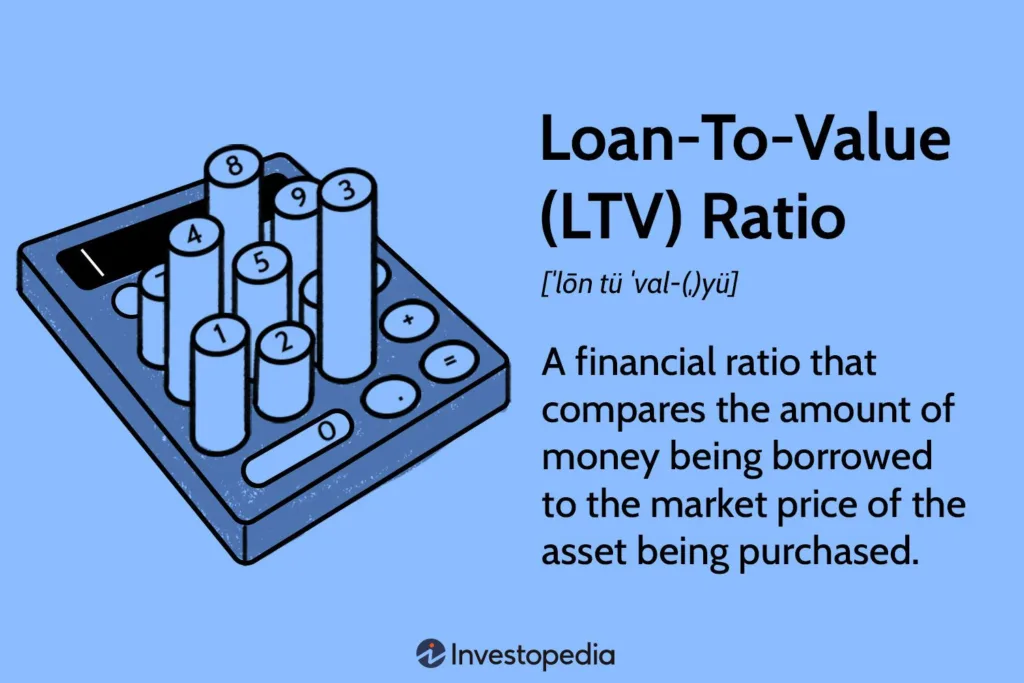
Factors Affecting LTV Ratio
Several factors come into play when determining the LTV ratio for a hard money loan. Let’s take a closer look at some key factors that can influence the LTV ratio a lender is willing to offer:
1. Type of Property
The type of property being used as collateral can have a significant impact on the LTV ratio. Certain properties may be considered more desirable or lower risk than others, leading lenders to offer a higher LTV ratio. For example, residential properties such as single-family homes are generally preferred over commercial properties when it comes to hard money loans.
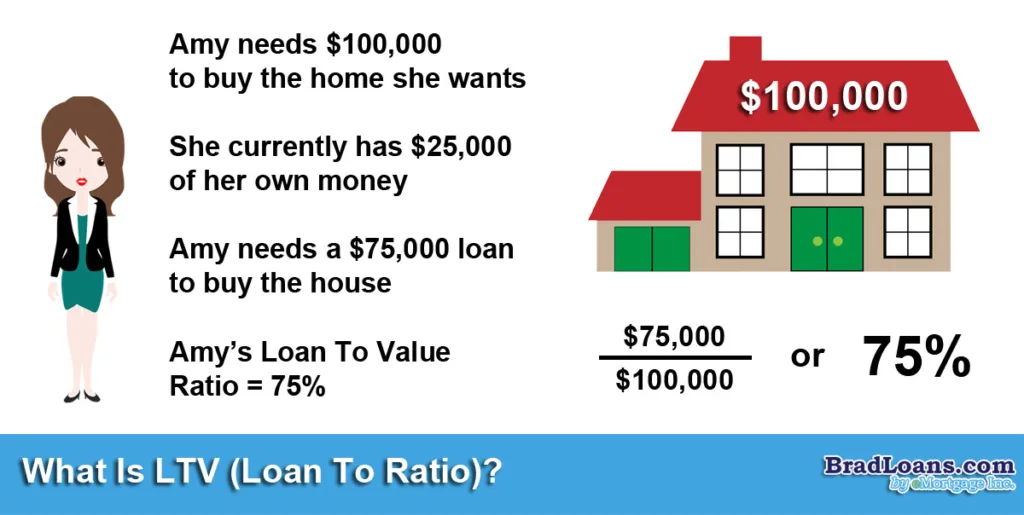
2. Location of the Property
The location of the property is another critical factor that lenders take into account when determining the LTV ratio. Properties in desirable or high-demand areas are often considered less risky, leading to a higher LTV ratio. On the other hand, properties in less desirable areas or locations with uncertain market conditions may result in a lower LTV ratio.
3. Borrower’s Credit Score
Although hard money loans are primarily based on the value of the collateral property, the borrower’s credit score can still play a role in determining the LTV ratio. A higher credit score can potentially lead to a higher LTV ratio as it reflects the borrower’s overall creditworthiness and ability to repay the loan.
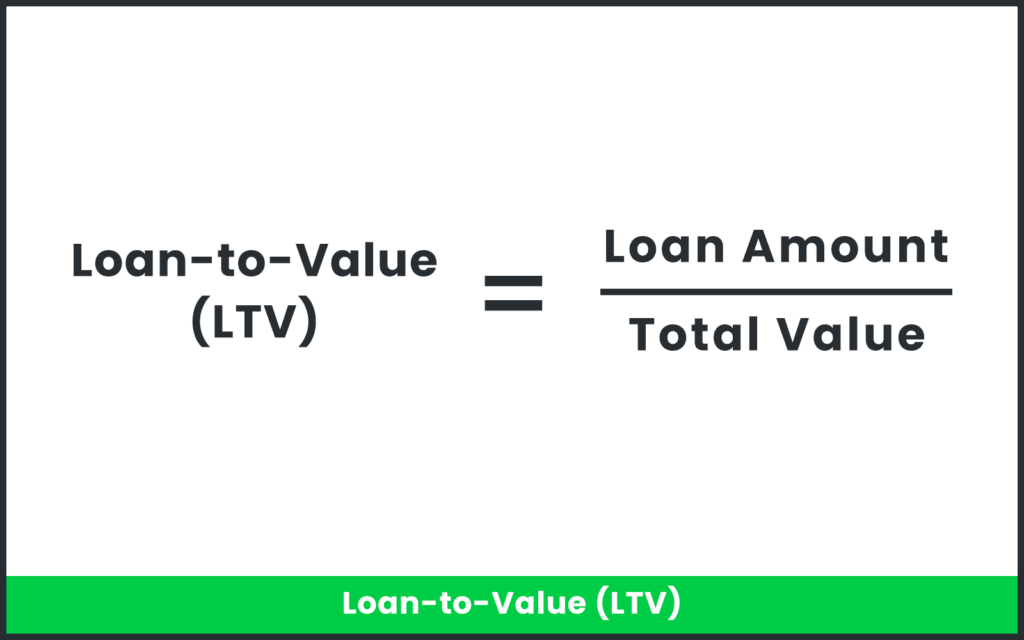
4. Borrower’s Experience
Lenders also consider the borrower’s experience in real estate investing or property management. Experienced borrowers who have a proven track record of successful investments may be eligible for a higher LTV ratio compared to those who are new to the industry.
5. Amount of Down Payment
The amount of down payment or equity that the borrower is contributing can impact the LTV ratio. A higher down payment reduces the loan amount relative to the property’s value, resulting in a lower LTV ratio and potentially more favorable loan terms.
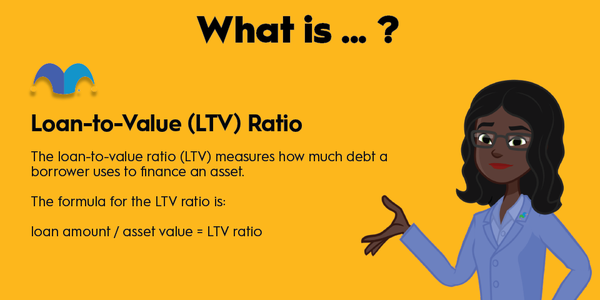
6. Ratio of Loan Amount to After Repair Value (ARV)
In cases where the borrower intends to use the loan for property renovation or repair, lenders may consider the ratio of the loan amount to the property’s estimated after repair value (ARV). This ratio provides insight into the potential profit margin and risk associated with the investment. A lower loan amount compared to the ARV may lead to a higher LTV ratio.
7. Purpose of the Loan
The purpose for which the borrower requires the loan can also influence the LTV ratio. For example, a loan used for a property acquisition may have a different LTV ratio compared to a loan used for construction or development purposes.
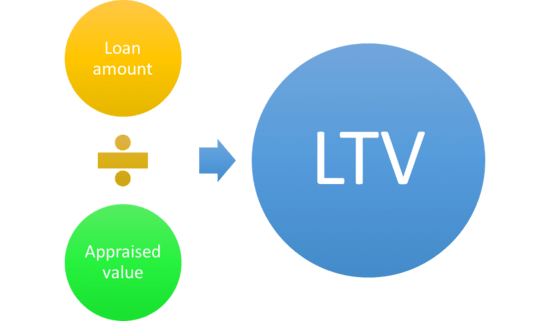
Getting a Hard Money Loan
To obtain a hard money loan, borrowers must approach private lenders or hard money lending institutions. These lenders specialize in providing funding for real estate investments and understand the unique nature of hard money loans.
Borrowers need to have a clear understanding of their funding needs, property details, and potential exit strategy to present a compelling case to lenders. The lender will evaluate the loan request, considering factors such as the borrower’s credentials, property valuation, and the proposed LTV ratio.
Choosing the Right LTV Ratio
When seeking a hard money loan, it’s crucial to choose the right LTV ratio for your specific situation. A conservative LTV ratio can provide a lower level of risk but may require a higher down payment or have more stringent requirements. On the other hand, a higher LTV ratio may offer greater flexibility but could come with higher interest rates and potentially increased risk.
Careful evaluation of the property, borrower’s circumstances, and market conditions can help determine the appropriate LTV ratio for a hard money loan. Consulting with a knowledgeable lender or financial advisor is advisable to ensure the best possible outcome.
Advantages and Disadvantages of Higher LTV Ratio
While a higher LTV ratio may seem appealing due to the potential for accessing more funds, it is important to consider the advantages and disadvantages associated with it.
Advantages of a higher LTV ratio include:
- Greater funding availability: Access to a larger loan amount can provide investors with the necessary capital to pursue larger or more lucrative investment opportunities.
- Enhanced flexibility: A higher LTV ratio allows borrowers to retain their own capital by reducing the required down payment, providing greater financial flexibility for other investments or expenses.
Disadvantages of a higher LTV ratio include:
- Increased risk: A higher LTV ratio means a greater exposure to potential losses if the property’s value declines or the investment does not generate the expected returns.
- Higher interest rates and fees: Lenders may charge higher interest rates and fees to compensate for the increased risk associated with a higher LTV ratio.
Conclusion
The typical loan-to-value (LTV) ratio for a hard money loan is not set in stone and can vary depending on several factors. Property type, location, borrower’s credit score and experience, down payment amount, ARV ratio, and loan purpose all play a role in determining the LTV ratio.
Understanding these factors and choosing the right LTV ratio is critical for real estate investors looking for hard money loans. Balancing risk and potential rewards is key when deciding on the appropriate LTV ratio for a specific investment. Consultation with a reputable lender or financial advisor can provide valuable insights and guidance throughout the loan application process.



